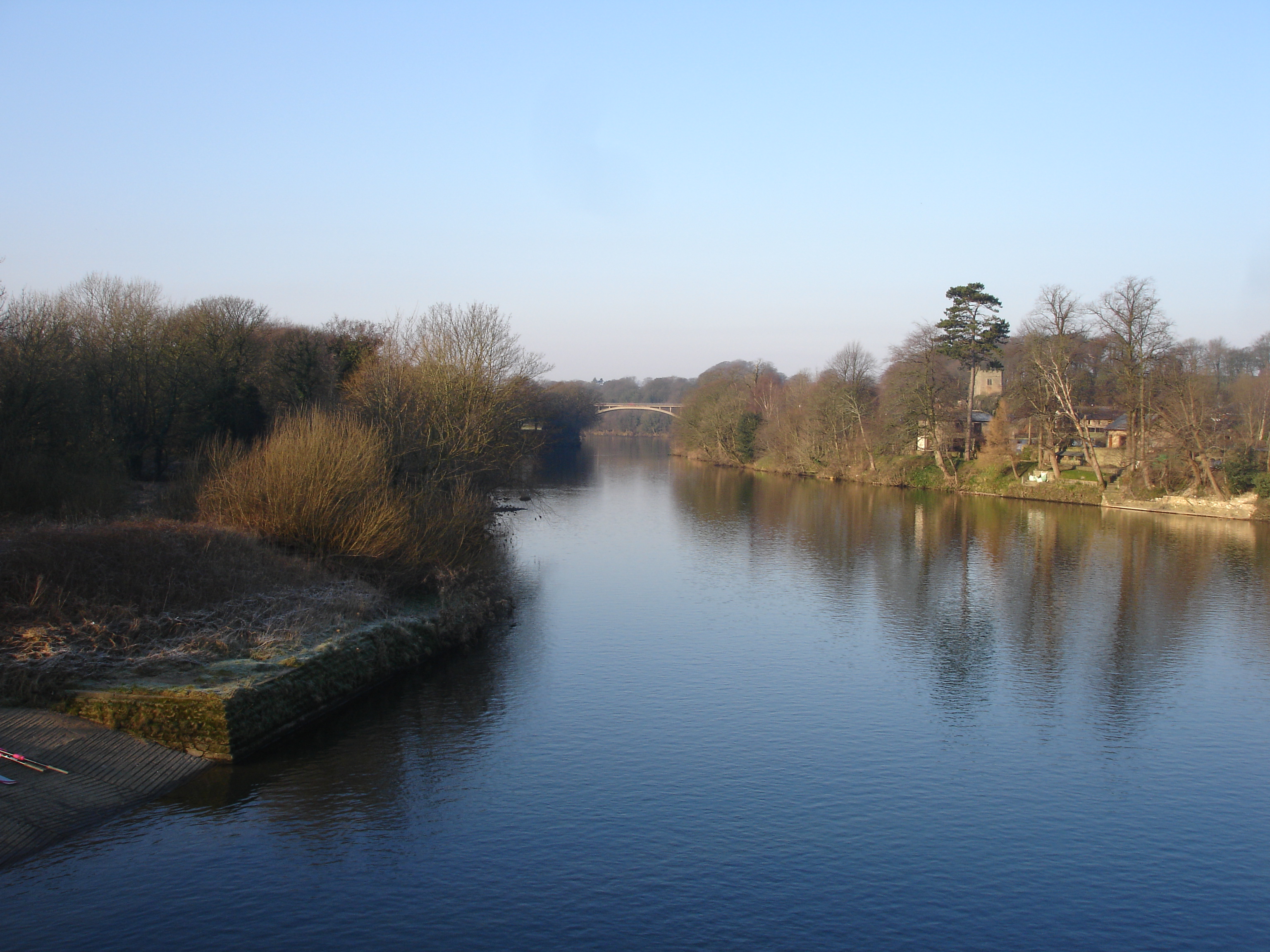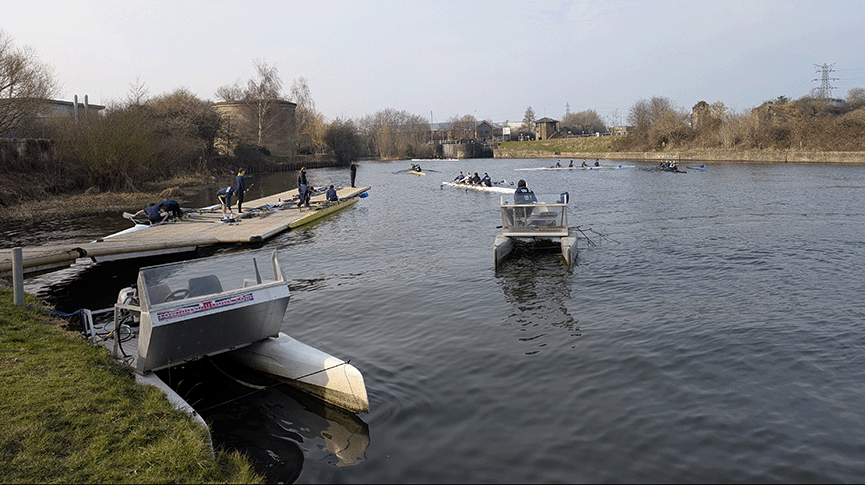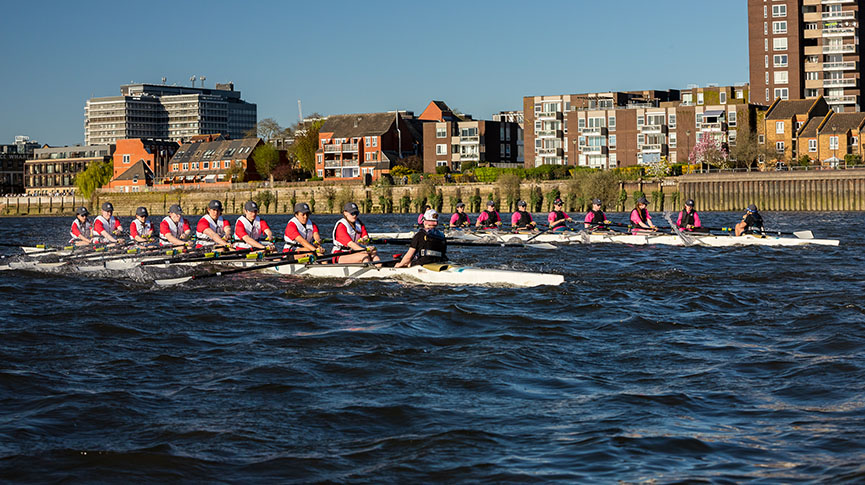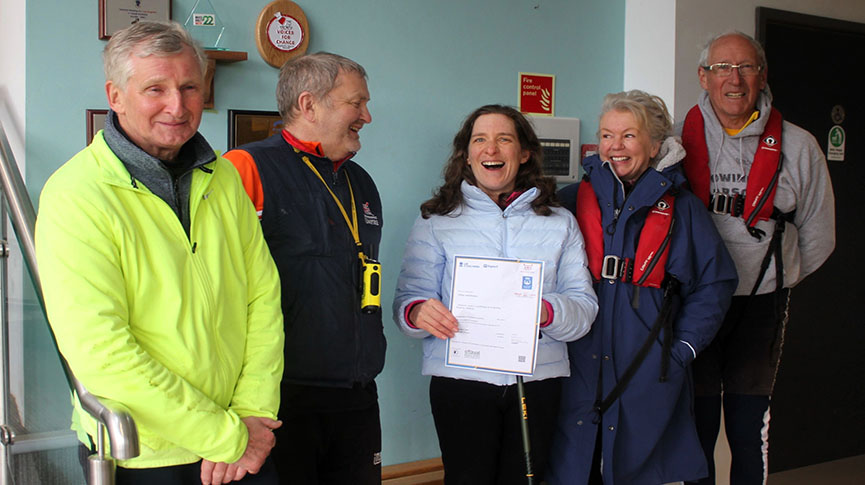Safety Alert – Know Your River
It will soon be that time of year when rivers flow fast. This introduces many hazards that can be managed or avoided but only if you know about them in advance.

Every river is different but all river users should take time to learn about the river they are on particularity if they are visitors. Hosting clubs and events should provide the necessary information. Before you go afloat, make sure that you understand:
- the navigation rules on the river. (In many cases this means keep well to the right but on the Tideway, for example, the rules are more complex.)
- the correct lights to use in the place where you are rowing if you are likely to be afloat in twilight or darkness or poor visibility; check that your lights are working,
- the meaning of the lights that you may see and the sound signals that you may hear,
- the in-stream signage and warnings such as lights and flags, by and on the river,
- the portage routes around locks, use these rather than travel through the locks,
- the hazards on the river and their location, such as the hazards posed by:
- weirs and sluices,
- areas with fast flowing streams,
- areas where it is difficult to get off the water due to walls or overgrown vegetation,
- shallow areas.
- temporary hazards such as under water obstructions or fallen trees,
- the current status of any river warnings,
- the location of safe stopping and turning areas,
- the location of areas where it is not safe to stop or turn (e.g. upstream of bridges),
- areas where rowing is not permitted,
- busy areas and areas where there are many motor vessels,
- how to call for help.
If you are hosting an event or other water activity for people who are not familiar with your river then please explain all of the above points and provide them with information on:
- local risk assessments and emergency plans including and
- the location of local emergency medical facilities, hospitals, etc.
If visiting a club in another area then plan your visit in advance and obtain safety information beforehand. Remember you can find out more information by speaking to those based in that area and the local Navigation Authority before your visit.
Remember; take care of your own safety and the safety of others.
Honorary Rowing Safety Adviser







